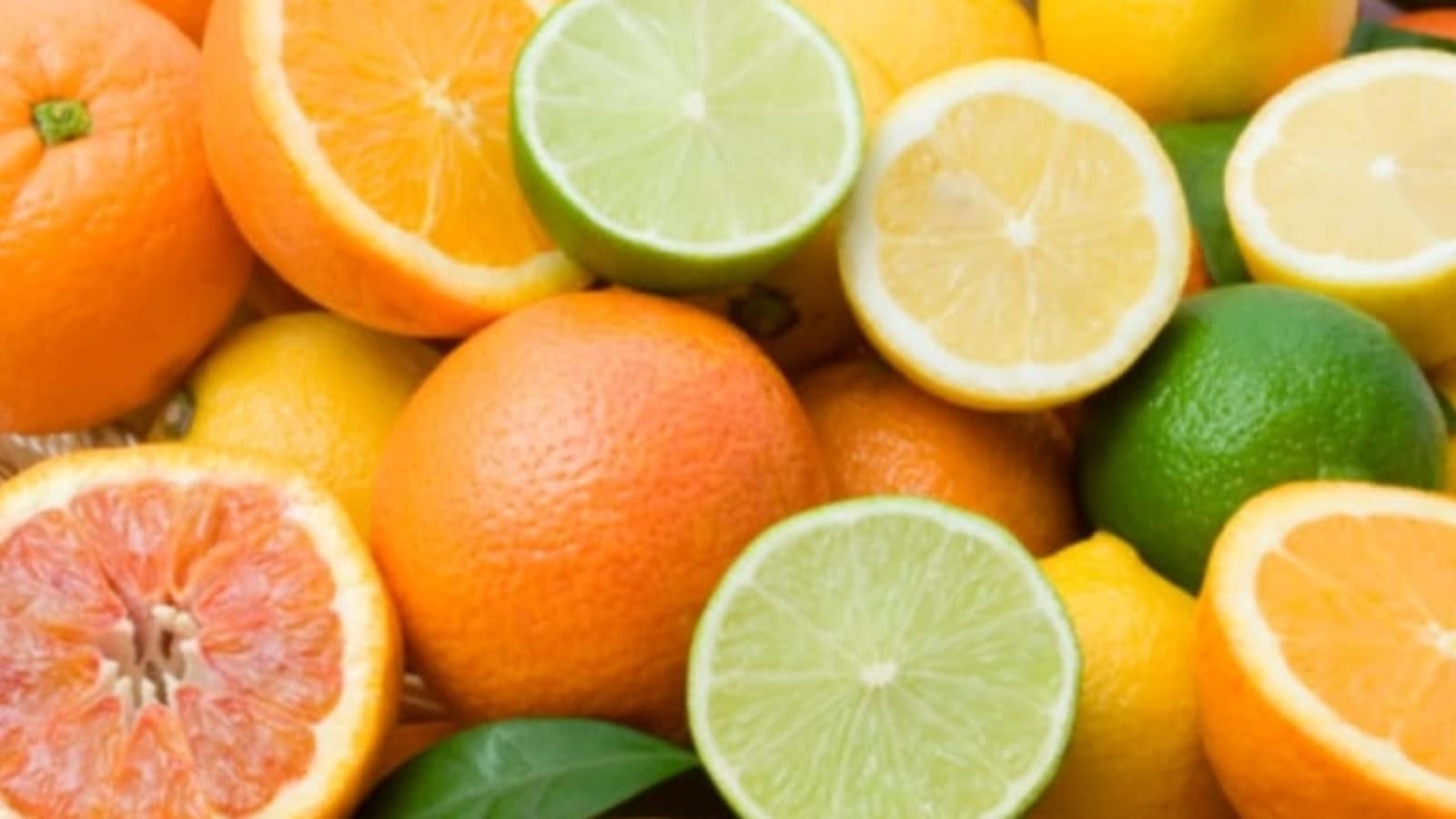Stomach cancer also known as gastric cancer is not as common in India as in certain developed countries but it is more prevalent in southern part and north-eastern states of India than others. The incidence of gastric cancer in Mizoram has been reported to be the highest in India. Gastric cancer is the fifth most common cancer among males and seventh most common cancer among females in India. (Also read: 10 warning signs and symptoms of pancreatic cancer you shouldn’t ignore)
Only 1% to 3% of gastric cancer patients are thought to have a hereditary form of gastric cancer. Stomach cancer is caused due to genetic changes in DNA of stomach cells. It can be caused by a common bacterium called Helicobacter pylori, also called H. pylori, that causes stomach inflammation and ulcers. Gastroesophageal reflux disease (GERD), Gastritis, Epstein-Barr virus infection, or history of stomach ulcers or stomach polyps.
Dr. Mrunal Parab, Consultant Surgical Oncologist, Masina Hospital lists symptoms and causes of stomach cancer:
Symptoms
– Trouble in swallowing
– Early satiety or feeling full after eating small amount of food.
– Feeling bloated after eating food
– Abdominal pain
– Heartburn
– Indigestion
– Not feeling hungry
– Losing weight
– Vomiting black colored material or blood
– Black coloured stool.
Causes
– Hyperacidity and gastroesophageal reflux disease
– Infection with Helicobacter pylori bacteria
– Excessive amount of smoked and salty food
– Smoking
– Eating less fruits and vegetables
– Gastritis induced due to any reason
– Family history of genetic syndrome like Lynch syndrome
While there are certain foods that can up risk of gastric cancer, certain nutrients can reduce this risk. According to studies, an increased intake of Vitamin C and Vitamin C-rich foods, including vegetables and fruits, can protect people from gastric cancer. According to the World Cancer Research Fund and the American Institute for Cancer Research report, increased consumption of non-starchy vegetables and fruits may decrease the risk of gastric cancer, whereas salt and salted foods may be the risk factors of gastric cancer. According to studies, Vitamin C may have a chemopreventive effect and it protects cells from oxidative DNA damage, thereby blocking carcinogenesis.
“Gastric cancer is an important cancer-causing mortality globally. As part of risk mitigation strategies that have been a think tank to understand the agents which can reduce the risk of gastric cancer. Notably, antioxidants have been looked at if they can be of help in this regard. Antioxidants are chemicals that lessen or prevent the effects of free radicals. One of the areas of research has been focussed on Vitamin C and Carotenoids. Carotenoids are triterpene pigments that are distributed in photosynthetic bacteria, some species of archaea and fungi, algae, plants, and animals. Dietary carotenoids are thought to provide health benefits in decreasing the risk of disease, particularly certain cancers and eye diseases. The carotenoids that have been most studied in this regard are beta-carotene, lycopene, lutein, and zeaxanthin. In part, the beneficial effects of carotenoids are thought to be due to their role as antioxidants,” says Dr Pritam Kataria, Consultant, Medical Oncology, Sir HN Reliance Foundation Hospital.
Foods to prevent against gastric cancer
– Avocado, papaya, pumpkin, sweet potato, corn, egg yolks, spinach are some of the foods rich in carotenoids and can help prevent stomach cancer.
– Oranges, peppers, strawberries, broccoli, potatoes, bell peppers, tomatoes, mangoes are all rich in Vitamin C and can protect gastric cancer.
– Vitamin C are antioxidant compounds that are typically found in citrus fruits and berries. They are a rich source of antioxidants.
– Vitamin C and carotenoids may act as antioxidants and may scavenge reactive oxygen species preventing DNA damage and other effects important in cancer transformation.
– Dietary Vitamin C from natural sources is taken with other compounds affecting its bioavailability and biological effects. High pharmacological doses of Vitamin C may induce prooxidant effects, detrimental to cancer cells.
– The exact dose of Vitamin C and carotenoids in the prevention of stomach cancer is debatable. Also, various reports about the role of Vitamin C and carotenoids in the prevention of stomach cancer are inconsistent.
Role of Vitamin C and carotenoids in preventing stomach cancer
“These antioxidants help in repairing damaged DNA in cell cycle. That prevent propagation of mutant genes which can further lead to precancerous polyp or growth formation in stomach. Hence adequate amount of Vitamin C and carotenoids will surely help in lowering risk of stomach cancer. Having said that neglecting symptoms for more than a month and continuing modifiable risk factors like smoking, excess salty and smoked food will be detrimental irrespective of Vitamin C and carotenoids,” says Dr Parab.


